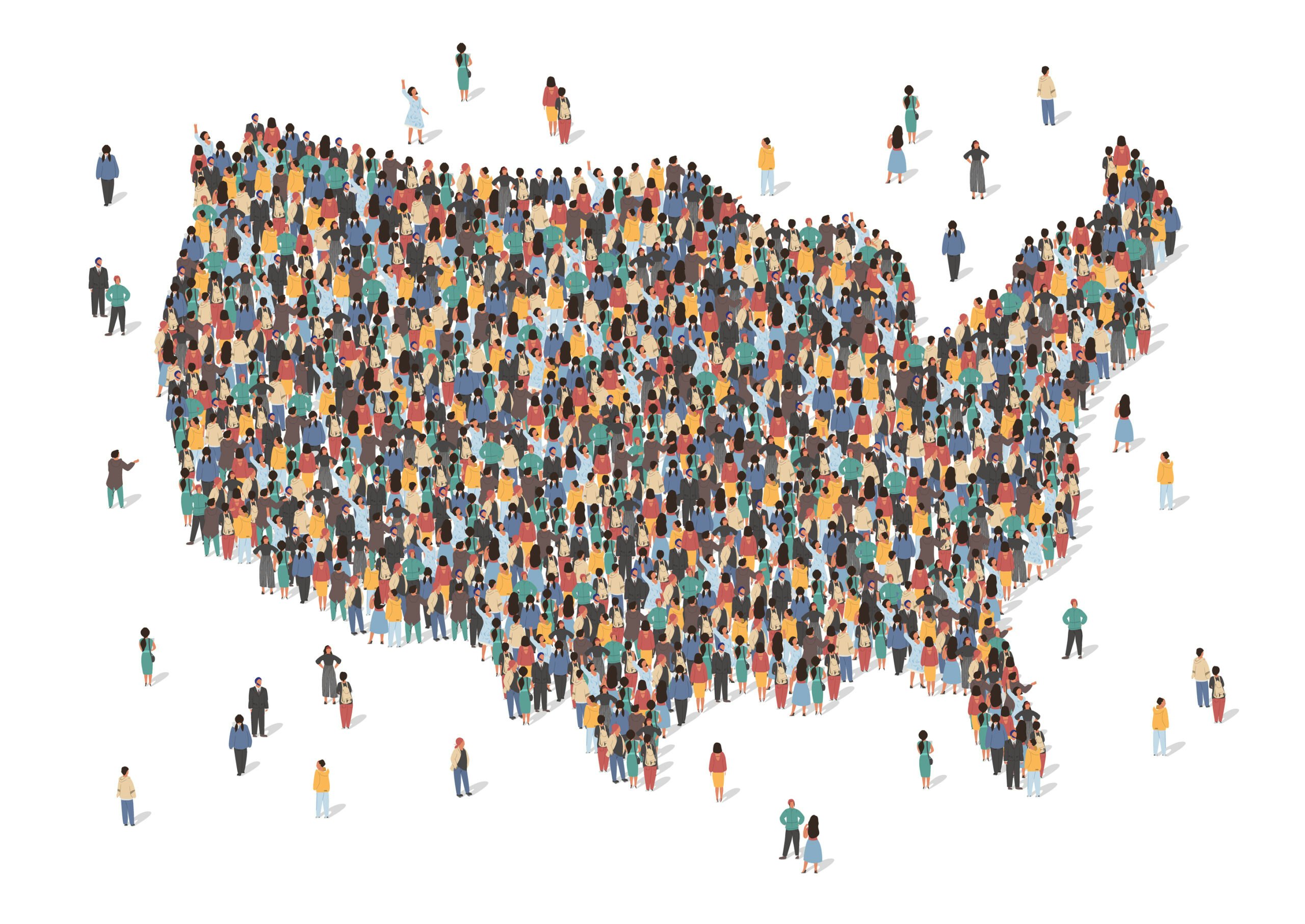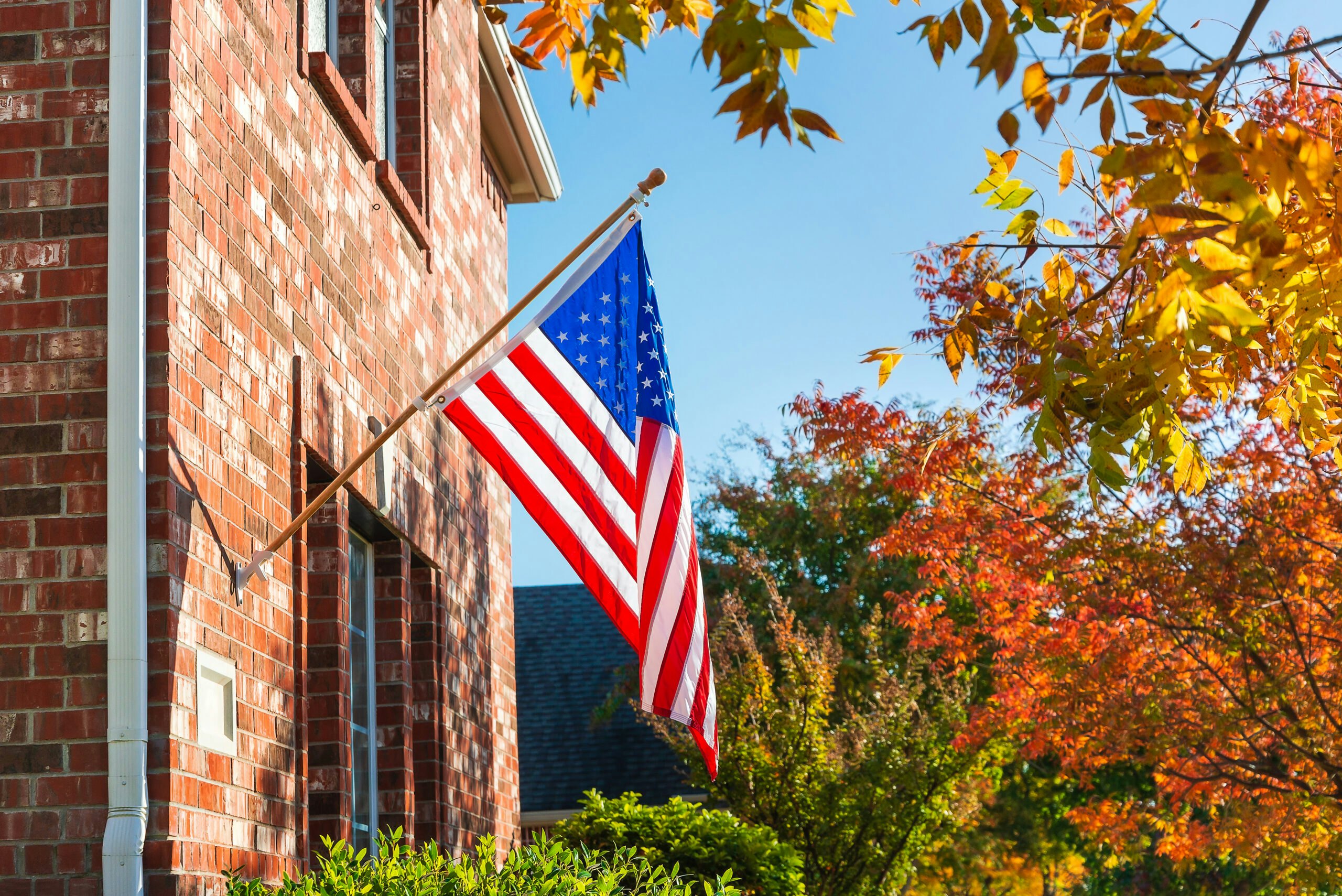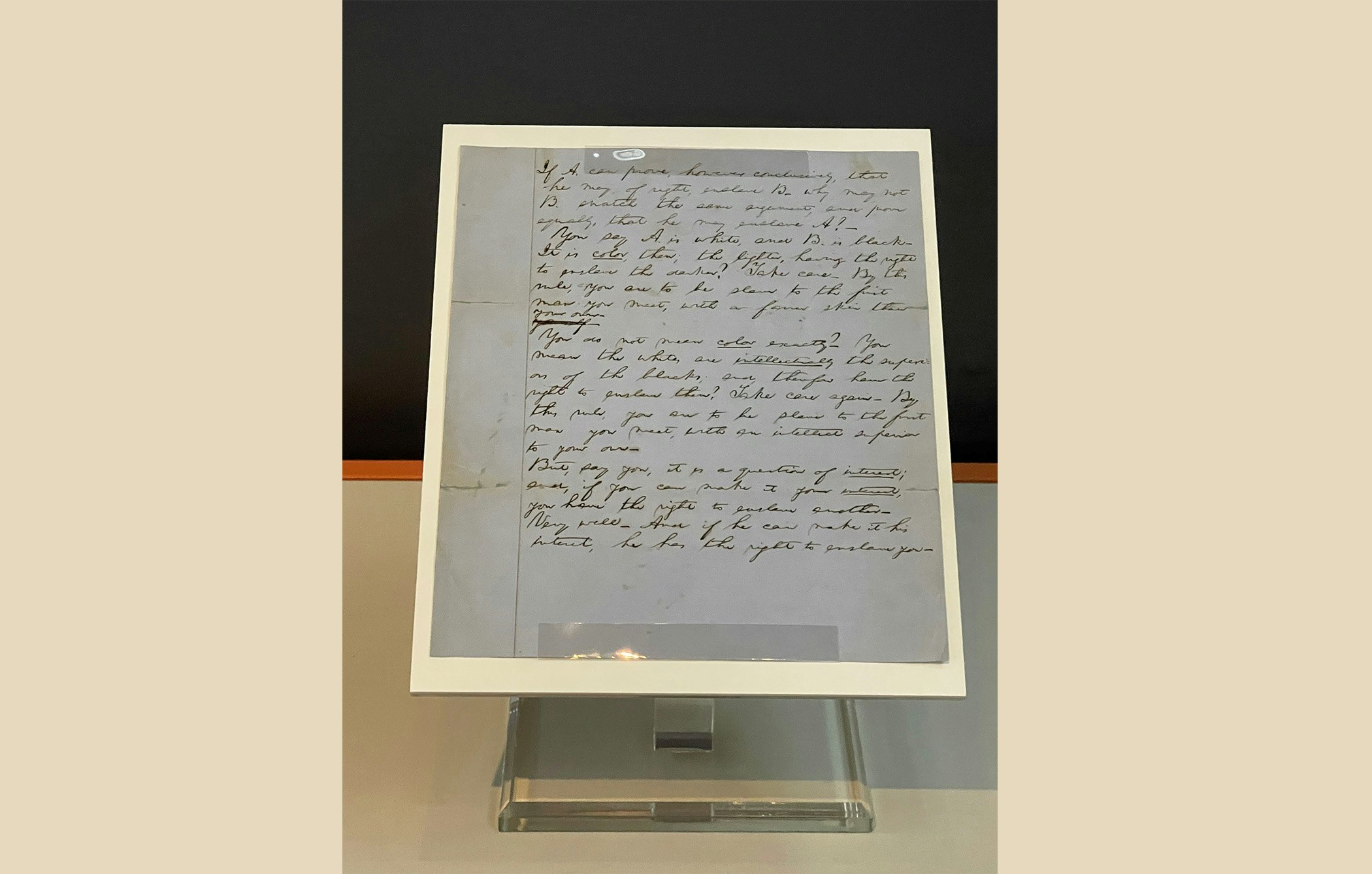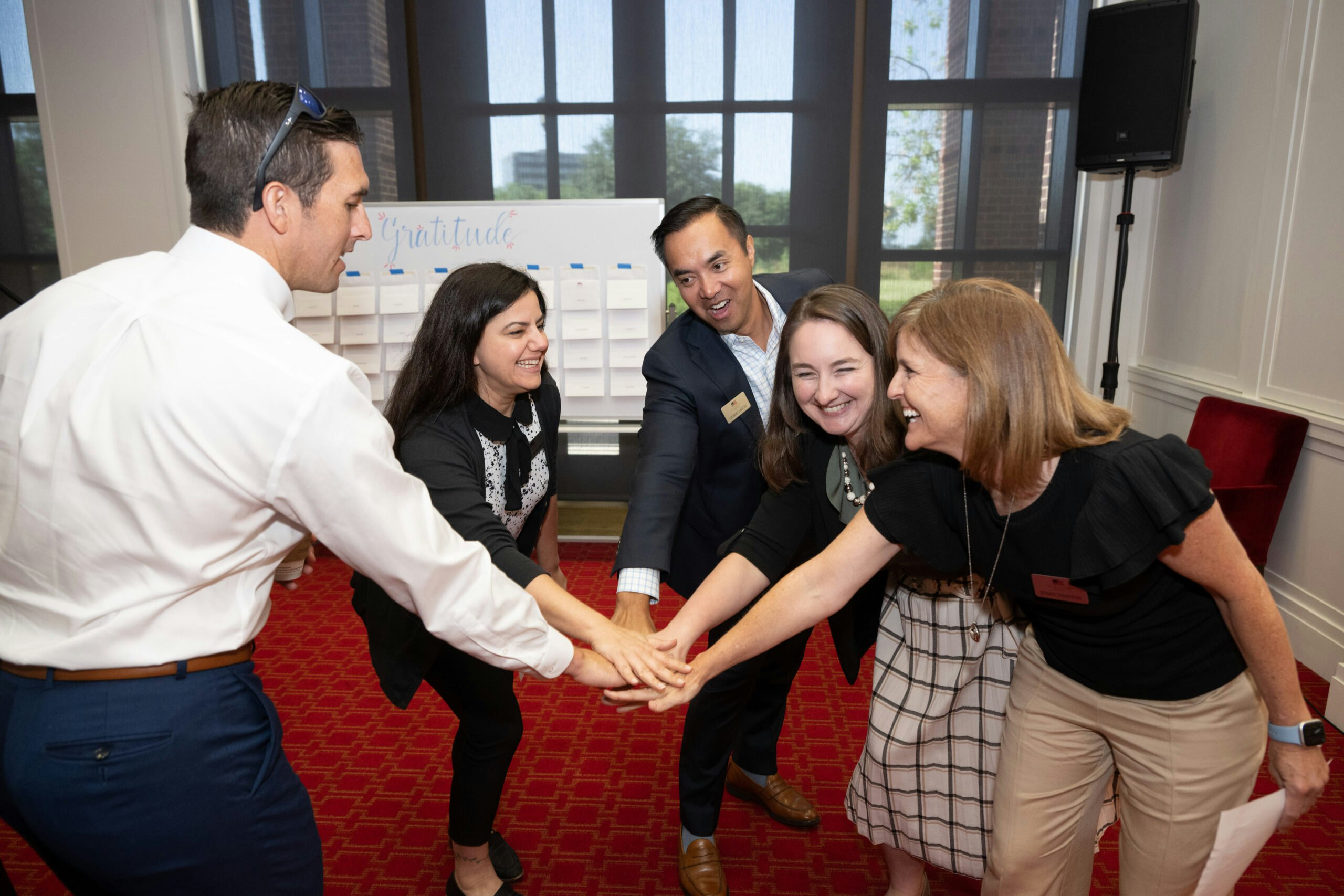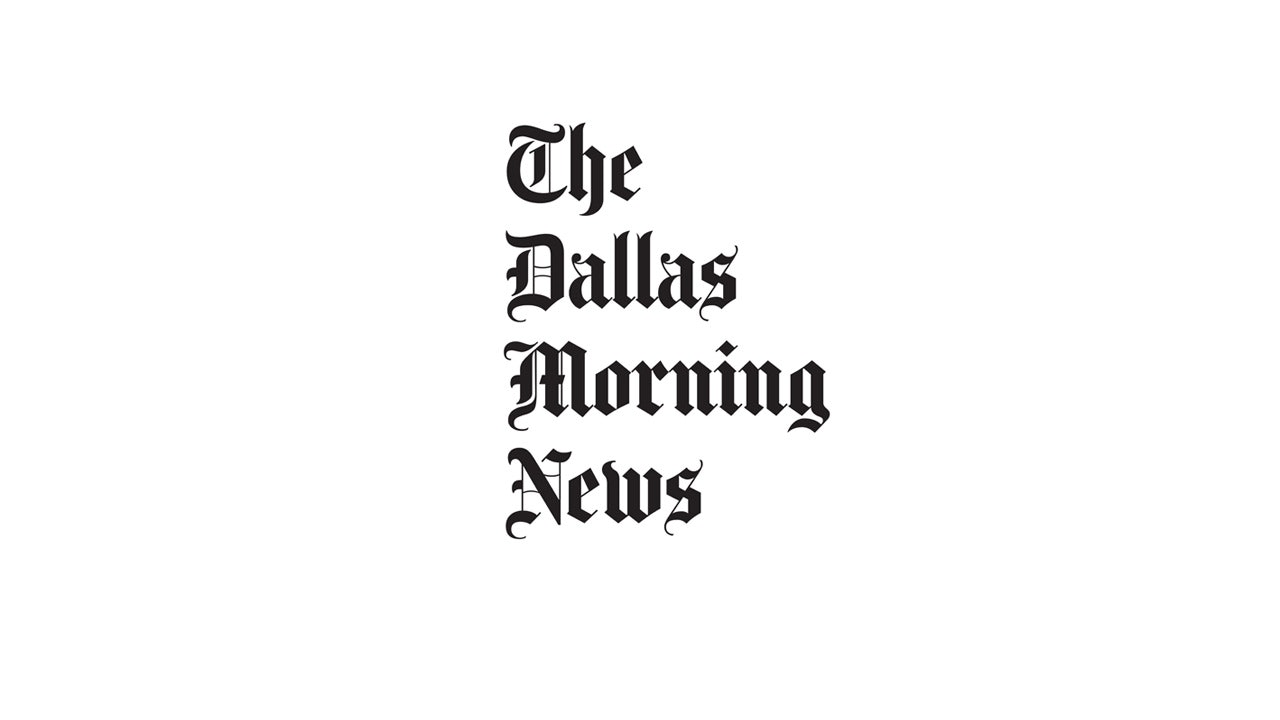At times, it may seem like we are drowning in conflict and division. But what if interesting and innovative projects are occurring in our states that allow communities and thus our nation to function as “one out of many” – which is the essence of a pluralistic society? What if these thousand points of light are a major part of the solutions that our country needs?
Here are a few examples of organizations and individuals that are “practicing pluralism,” often away from the national spotlight. Their work reflects a dedication to respectfully engage with others from different points of view and background. In doing so, these efforts are strengthening the ties that bind us.
Disagree Better – A commitment to pluralism is evident in the work of Republican Gov. Spencer Cox of Utah and Democratic Gov. Laura Kelly of Kansas. The duo appeared in late January at an Engage at the Bush Center event presented by NexPoint to discuss the Disagree Better initiative that Cox launched with Democratic Gov. Jared Polis of Colorado.
Cox emphasized during the Bush Center event that “disagreeing better” is not the same as civility or arguing that we must all agree. As he said, our country needs to discuss different points of view. It’s just that “we have forgotten [how] to have conflict without tearing each other apart.”
Cox planted the seeds for the Disagree Better initiative as he campaigned for reelection in 2020. Witnessing the friction in the country, the incumbent decided to do something bold. He reached out to his Democratic opponent, Chris Peterson, to create a television ad together.
The goal was to explain to voters their shared values and why they would accept the results of the 2020 presidential election. Peterson agreed, the ad ran, and research from Stanford University’s Strengthening Democracy Challenge showed the “One Nation” ad was highly effective in reducing partisan violence.
When he became Chair of the National Governors Association in 2023, Cox partnered with Polis, the Vice-Chair, to launch the Disagree Better initiative. Strategies include hosting four bipartisan events around the country to highlight how people can discuss divisive issues without being venomous; encouraging debates on college campuses that allow students to engage in healthy conflict; and urging political opponents to write op-eds together or produce their own campaign ad together.
As my Pluralism Challenge partner Chris Walsh, Director of Global Policy at the Bush Institute, wrote last summer, better disagreement makes our democracy better.
State Future Caucus – The caucus engages millennial and Gen Z lawmakers in statehouses to work across party lines to resolve problems. Emphasizing “collaborative governance,” the effort is an initiative of the Future Caucus organization that grew out of a 2013 Millennial Action Project. State Future Caucus now has members in 33 states and boasts of having 156 state legislators in leadership positions.
Participants are encouraged to listen to each other, think of “we,” build trust among themselves, emphasize with another’s viewpoint, work around barriers, and pursue innovative action. These are not feel-good platitudes, either.
In Arkansas, for example, lawmakers in 2023 passed the CROWN Act that two State Future Caucus members – Republican State Sen. Breanne Davis and Democratic State Rep. Jamie Scott – sponsored. The legislation bars discrimination based upon hairstyle. Among other things, the measure prohibits a coach or administrator from kicking a student off an athletic team because of their hairstyle. Similarly, two Oklahoma State Future Caucus members, Democratic Rep. Ajay Pittman and Republican State Sen. John Michael Montgomery, joined together in their statehouse to craft a maternal health care bill.
The Civility Project – Detroit journalists Nolan Finley and Stephen Henderson see the world differently. They even worked at competing newspapers: Finley at the Detroit News, where he serves now as Editorial Page Editor, and Stephen Henderson, who won a Pulitzer Prize for commentary at the Detroit Free Press before founding the website BridgeDetroit.
The pair launched the Civility Project in the Great Lakes region so they could have productive discussions. “Our differences forced us to engage,” Finley told PBS for its recent documentary, A Citizen’s Guide to Preserving Democracy.
Now, the duo hold workshops where they emphasize the importance of listening to other points of view.
“A conversation is not a competition” Finley told me during a recent phone conversation. The workshops focus on these pillars: Drop assumptions about each other; don’t try to convert each other; ask informed questions; and stick with the conversation through its fits and starts. This is all part of searching for the humanity behind a point of view.
These are just three examples of the many thousand points of light across the country, as President George H.W. Bush described initiatives that bind together communities through serving one another. While America faces a number of problems that national leaders can best resolve, a strength of the country is the power of association and practicality that often exists in our communities and states.
The Pluralism Challenge series will continue to showcase these stories. For example, this essay highlights the difficult, but nonetheless collaborative, efforts pursued by mayors like David Holt of Oklahoma City and Mattie Parker of Fort Worth and former Mayor Mike Rawlings of Dallas.
Solutions do exist. And they often originate from “we the people.” We just need to keep looking for them.
William McKenzie is Senior Editorial Advisor at the George W. Bush Institute.






